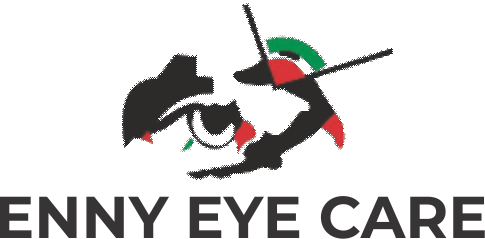How to Talk to Your Doctor About Eye Concerns: Effective Communication for Better Eye Health
When it comes to eye health, open and clear communication with your eye doctor is essential for getting the best care. Whether you’re visiting for a routine checkup or addressing specific concerns, knowing how to discuss your symptoms, ask questions, and understand your doctor’s recommendations can make a huge difference. Here are some tips to help you communicate effectively during your eye appointment.
1. Prepare a List of Symptoms and Concerns
- Before your appointment, write down any symptoms you’re experiencing, no matter how minor they may seem. Blurriness, eye strain, floaters, or dryness are all important to mention.
- Be specific about when you noticed these symptoms, how often they occur, and if there are any activities that seem to worsen them.
- List any recent changes in your vision, such as difficulty reading, seeing in low light, or focusing on close or distant objects.
2. Ask Questions About Your Condition and Treatment Options
- Don’t hesitate to ask your doctor to explain your condition in simple terms. Understanding the root of your symptoms will help you make informed decisions about your eye health.
- If your doctor suggests treatment options, ask about their effectiveness, side effects, and if there are alternatives.
- Inquire about lifestyle changes, dietary recommendations, or exercises that may support your eye health.
3. Bring Your Medical History
- Share your medical history, especially any history of eye diseases or conditions within your family. Conditions like glaucoma and macular degeneration can be hereditary, so your doctor needs to know about these risks.
- If you’re taking any medications, let your doctor know. Certain medications can affect eye health and vision.
4. Clarify Follow-Up and Next Steps
- Ask about the next steps after your appointment. Should you schedule a follow-up? How often should you get your eyes checked? What signs or symptoms should prompt you to contact your doctor immediately?
- Make sure you understand any prescribed medications or treatments and how to use them effectively.
5. Express Your Eye Health Goals
- Let your doctor know about your specific eye health goals. Are you hoping to reduce eye strain from screen time? Are you concerned about aging and vision loss? Sharing your goals can help your doctor tailor their advice and recommendations to your lifestyle.
Final Thoughts
Effective communication with your eye doctor is a partnership. By preparing for your appointment, asking questions, and sharing your concerns, you can ensure that you get the best care for your vision. Your doctor is there to help you, so don’t hesitate to be open and proactive about your eye health. Remember, healthy eyes contribute significantly to a better quality of life, so take the time to communicate clearly and make the most of your appointment.

